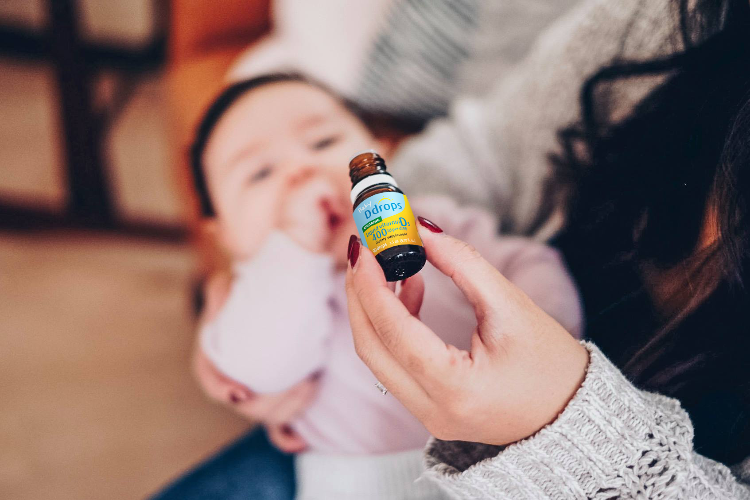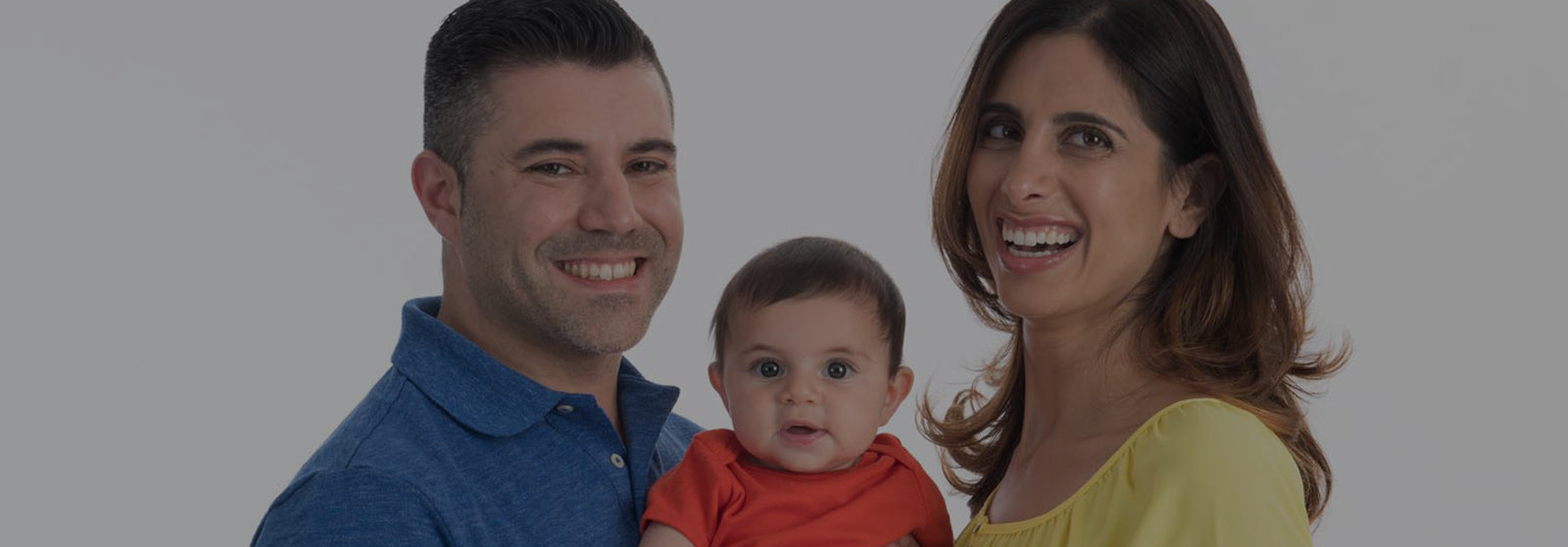September 27, 2018
Many people have heard of osteoporosis, but osteomalacia isn’t a word that is used very much. So what is this condition and is it something you should worry about?
Osteomalacia literally means soft bones. To help understand how bones can become soft, it is important to know that bones are living tissue that is constantly undergoing change. Our bodies are regularly absorbing and remaking bone to keep our bones healthy and strong.
To successfully rebuild bone, the body needs adequate amounts of both calcium and vitamin D. When you don’t have a sufficient supply of vitamin D, your body isn’t able to absorb calcium normally. Without enough calcium bones can’t be rebuilt rigid and hard. Over time, this deficiency in vitamin D leads to weak, soft bones or osteomalacia.
While vitamin D deficiency is the most common cause of osteomalacia, other conditions can cause it too. These include: [1]
- Cancer
- Kidney failure
- Lack of phosphate in your diet
- Liver disease
- Side effects of the medicine used to treat seizures
There really aren’t any symptoms of osteomalacia so you may not even know you have it until you break a bone without really having an injury. Some people with osteomalacia may experience muscle weakness or widespread bone pain, especially in the hips.
If your doctor thinks you have osteomalacia you will need to have blood tests to check your vitamin D level; kidney, liver, and parathyroid function; and electrolyte levels. Bone x-rays and a bone density test may also be needed. [1]
If you are diagnosed with this condition, treatment typically involves taking vitamin D, calcium, and phosphorus supplements by mouth.
So is this something that you should worry about?
Osteomalacia is currently on the rise around the world.2 This is partly because of a lack of sun exposure, either from the lack of sunshine, use of sunblock or full-coverage clothing, or from darker pigmented skin, which is causing more people to develop vitamin D deficiency.
Bone health is important! Talk with your doctor if you have any concerns about the health of your bones.







Để lại một bình luận
Trang web này được bảo vệ bằng hCaptcha. Ngoài ra, cũng áp dụng Chính sách quyền riêng tư và Điều khoản dịch vụ của hCaptcha.